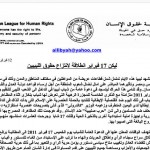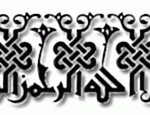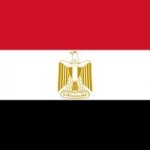In The Wall Street Journal, Donald J. Kochan writes that the region needs ‘The Wealth of Nations’ now more than ever.
Never mind the tone of the piece, especially in the first par. —What else is new?! Read more below about
Reading Adam Smith in Arabic
***
The region needs ‘The Wealth of Nations’ now more than ever.
By Donald J. Kochan. The Wall Street Journal, 17 February 2011, A17
At this time of unrest and transition in the Arab world, the United States’s capacity to communicate core values of democracy and individual liberty is a priority. Our capability to translate them into Arabic is a necessity. We need to expose the Arab world to the fundamental texts of Western political and philosophical thought. Indeed, the export of ideas may be the most valuable commodity we have to offer.
Of course we hear similar sentiments often. But our seduction by the power of the Internet has distracted us from remembering the power of books.
Twenty-five years ago, the U.S. State Department initiated a little-known but very important project, the Arabic Book Program. It primarily operates out of our embassies in Cairo and Amman, and the U.S. Consulate General’s office in Jerusalem. As the State Department explains, the objective is “translating into Arabic, publishing and distributing selected books from American writers in various areas, including economics, management sciences, politics, humanities, arts, and the environment.” … [MORE]
Arabic Book Program
“The Arabic Book Program was established in 1986 with the objective of translating, publishing, and distributing in Arabic a selection of books from U.S. authors in various areas and disciplines. The U.S. Consulate General in Jerusalem provides local Palestinian organizations with quality Arabic translations of American books through this program. These books are offered free of charge. We currently have in stock more than 60 different titles in a variety of categories, including: democracy and governance, economic development, management, civic education, media, the U.S. financial system, American Studies, conflict resolution, international relations, political science, information technology, and more.”











